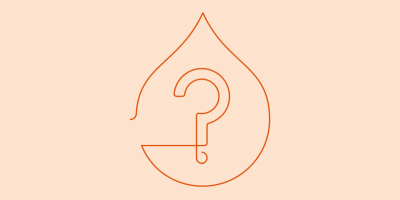Blog Article
10 min
What Is a Customer Data Platform?
A customer data platform (CDP) unlocks and unifies your customer data to generate rich insights that drive engagement. Learn more about CDPs here.
Customer Data Management
Customer Data Platform















